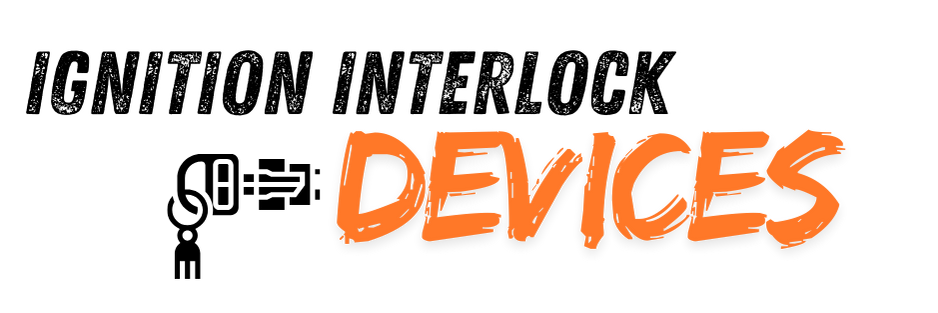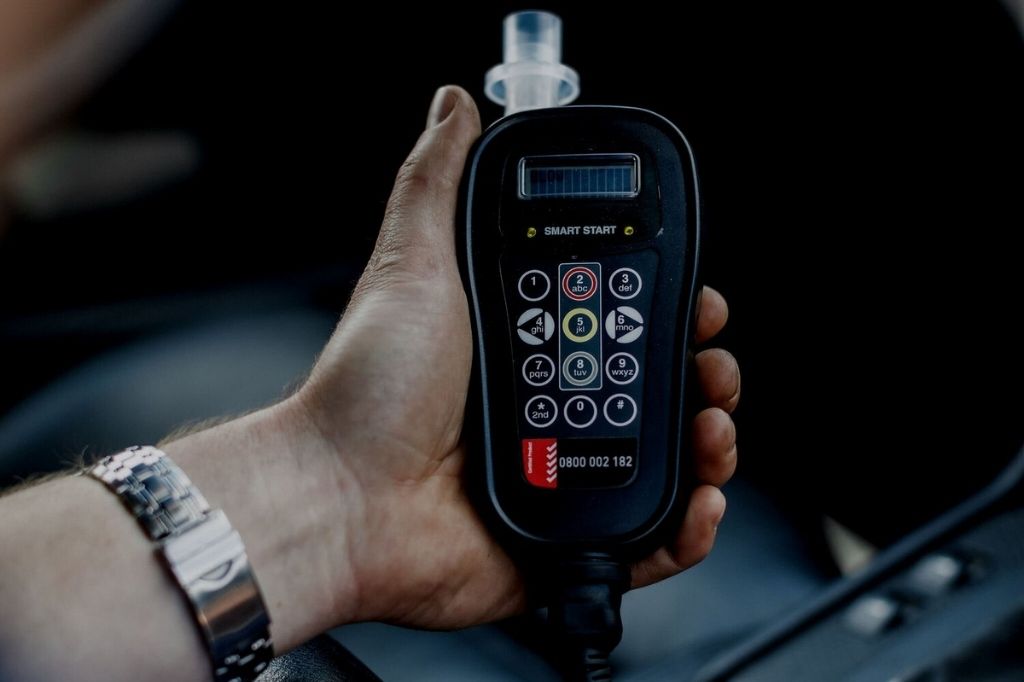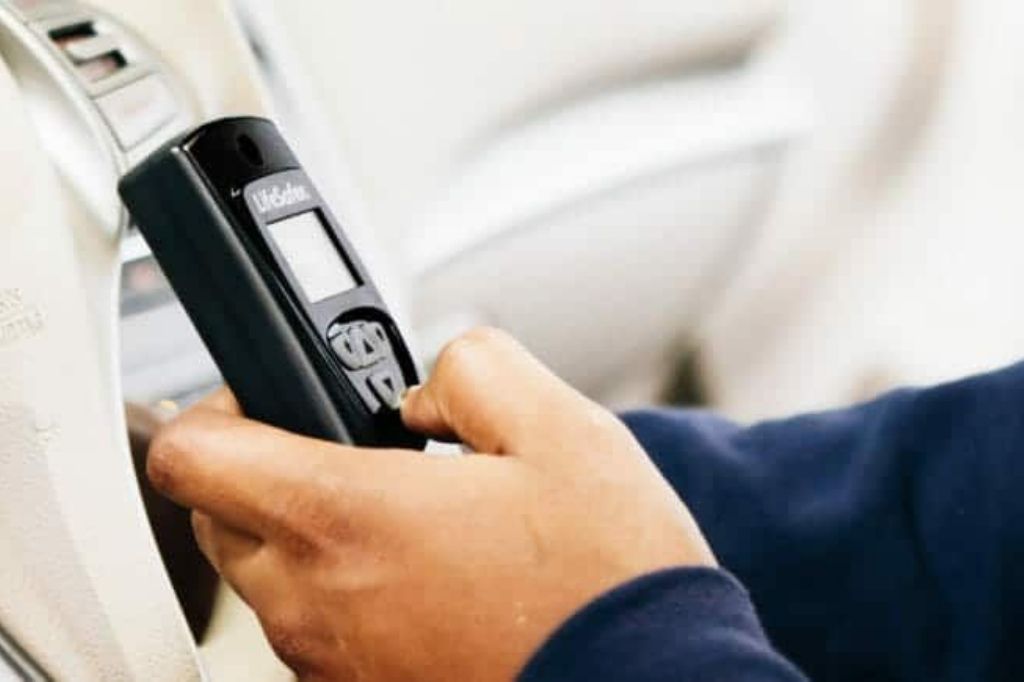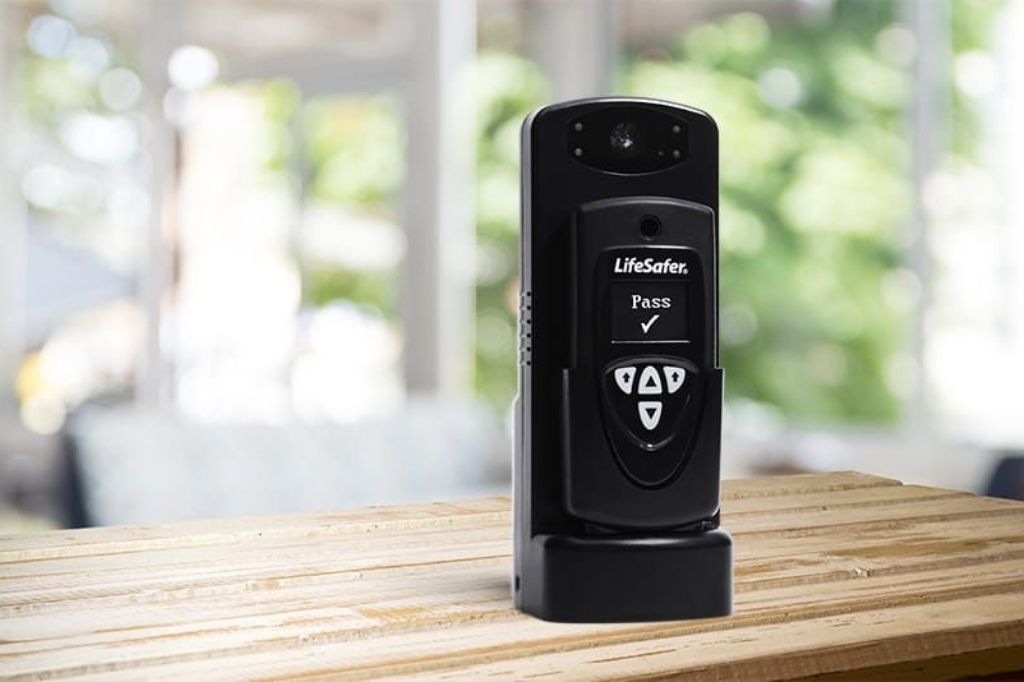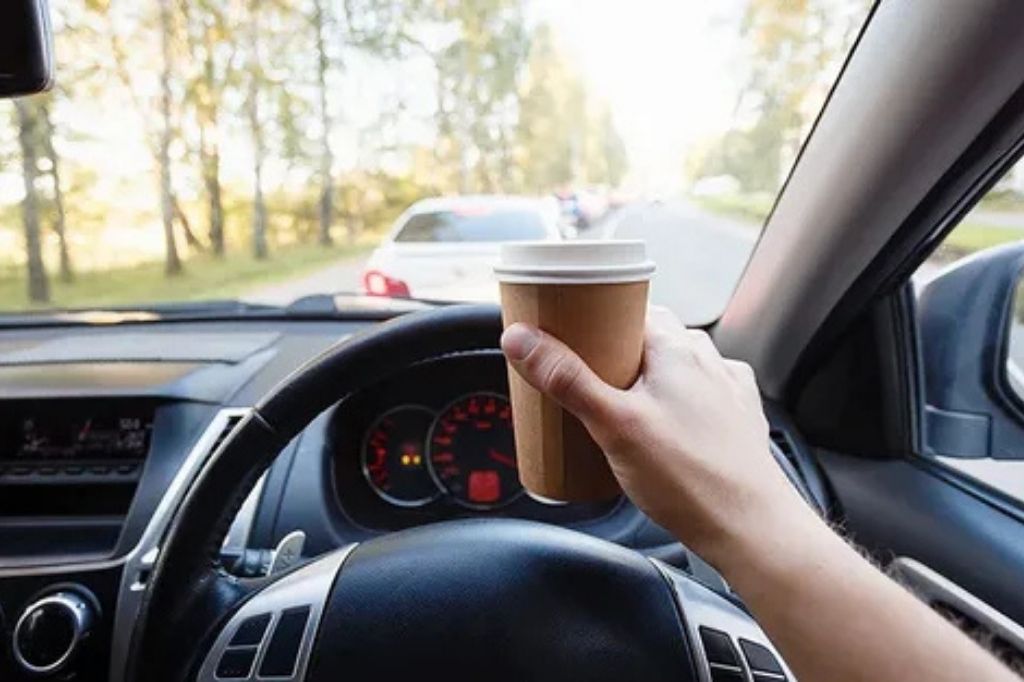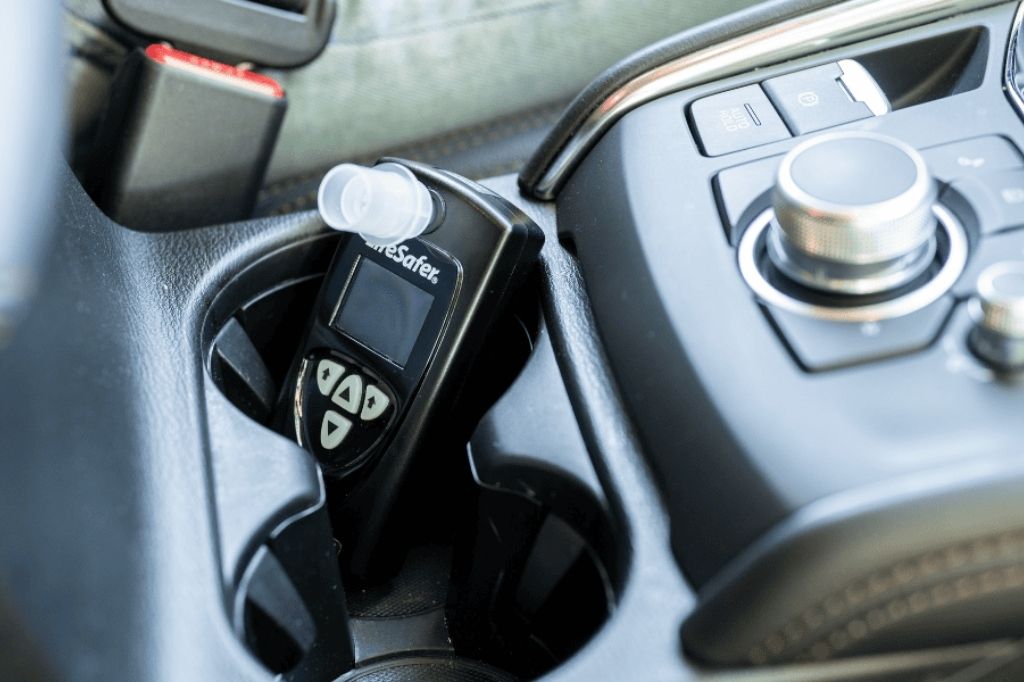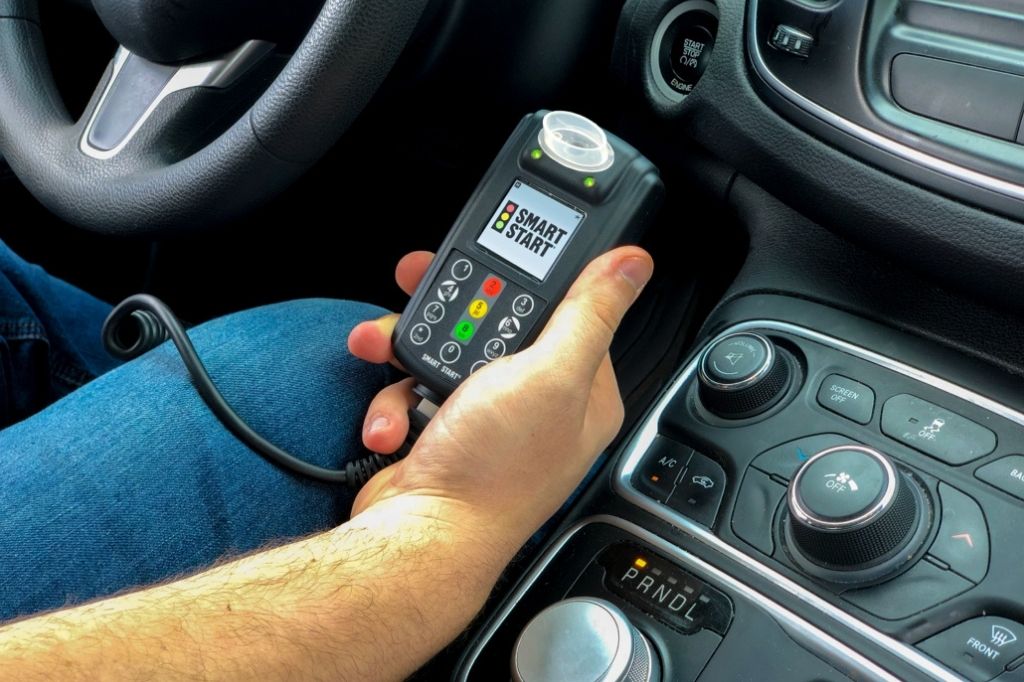There is a lot of different information circulating about breath testing after alcohol consumption. One of them is the answer to the question “Does drinking water help pass a breathalyzer”. In this article, you will find out whether drinking water really helps to pass the breath test and discover the scientific facts behind these tests. We explain every detail about this issue, which is often wondered about.
How Breathalyzers Work: The Science Behind the Test
Understanding how a breath test works is important to assess the effect of water in this process. Breathalyzer devices measure the alcohol level in your breath and use this information to estimate the amount of alcohol in your blood (BAC). What is measured here is the alcohol vapor coming directly from the bloodstream.

When you consume alcohol, it is absorbed from your digestive tract and enters your blood. Alcohol found in the bloodstream reaches your lungs and is excreted through the breath. Breath tests calculate the BAC value by measuring this alcohol vapor. Therefore, in order to affect the result of the breath test, it is necessary to change not only the level of alcohol in your breath, but also in your blood.
Whether water is effective at this point depends exactly on this mechanism. Because water does not directly affect the alcohol in the bloodstream; it only temporarily dilutes the amount of alcohol in the mouth. Therefore, the effect of drinking water on the breath test is limited.
Can Drinking Water Really Affect Breathalyzer Results?
A frequently expressed opinion is that drinking water may indicate a lower BAC result in a breath test. However, the accuracy of this claim is disputed. Drinking water only temporarily reduces the amount of alcohol in the mouth. The first breath sample taken during a breath test usually also includes the alcohol level in the mouth. But the device measures alcohol vapor, which mainly comes from the bloodstream.
At this point, we can think that water may have a short-term effect. For example, drinking water immediately after drinking alcohol can reduce the amount of alcohol in the mouth. But this effect remains only on a superficial level and lasts no more than a few minutes. In addition, most devices have measures to reduce the effect of alcohol in the mouth on breath tests.
Therefore, drinking water is not a method that will completely change the test result. However, increasing hydration can speed up the process of removing alcohol from the body. This, in turn, may indirectly contribute to a decrease in the BAC level in the long term.
Myths and Misconceptions About Passing a Breathalyzer
There is a lot of misinformation circulating about breathalyzer tests. One of them is the idea that chewing gum or using menthol products can change the results. Similarly, it is claimed that drinking water is also a definitive solution to pass the test. However, scientific facts show that most of such methods are ineffective.
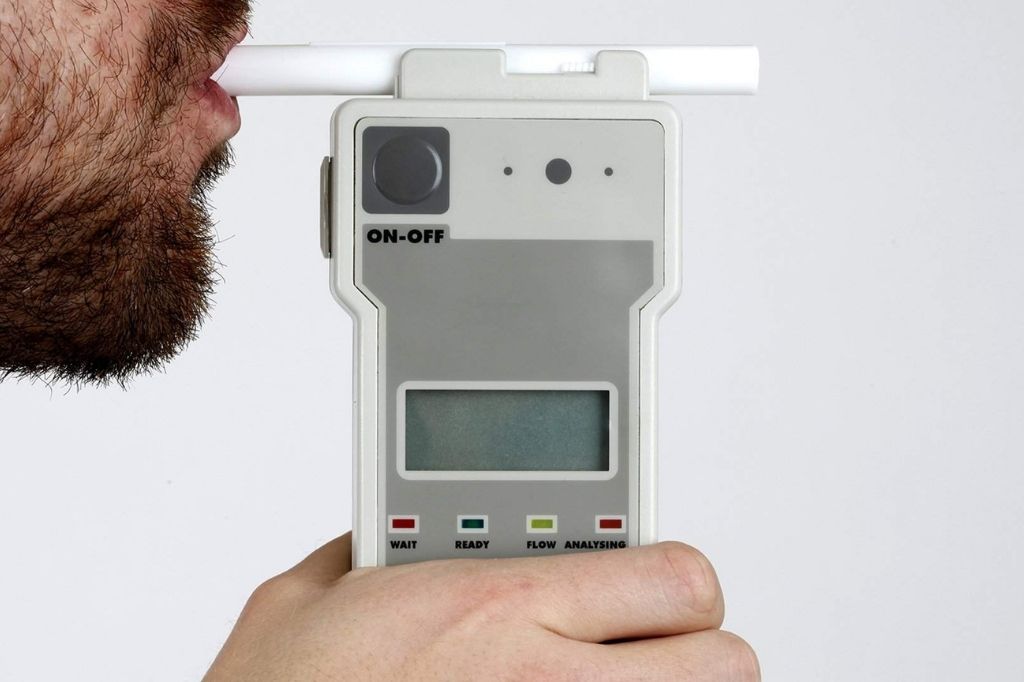
For example, drinking coffee or taking a cold shower after drinking alcohol does not change your BAC level. Such methods can only make a person feel more sober. Similarly, drinking water also does not significantly reduce the BAC level. Because alcohol is excreted from the body only through the liver, and this process takes time.
Having the right information allows you to avoid incorrect applications. The only real factor that affects breath test results is the level of alcohol in the blood. That’s why, instead of listening to myths, it’s important to understand the natural processes of your body after alcohol consumption.
How the Body Processes Alcohol
How does your body process alcohol? The answer to this question allows you to understand why breath test results cannot be easily changed. When alcohol is consumed, it is first absorbed from the stomach and small intestine and enters the bloodstream. From there, it moves to the liver, and the liver begins to break down alcohol.
The liver metabolizes a certain amount of alcohol per hour. This process cannot be accelerated; drinking water, consuming coffee or exercising will not accelerate this natural process. Therefore, the decrease of the BAC level occurs only over time. On average, the liver metabolizes about one standard drink per hour.
The role of water in this process is limited. It can indirectly contribute to the elimination of alcohol from the body by increasing hydration. However, water does not change the speed at which the liver breaks down alcohol. That’s why relying on water to pass a breath test can be misleading.
Practical Tips for Handling a Breathalyzer Test
You can take some practical steps before taking a breathalyzer test, but these steps should be aimed at getting accurate results, not manipulating the test. Firstly, drinking plenty of water after alcohol consumption can increase the hydration level of the body. This can help eliminate alcohol from the body in natural ways.
However, it is always better to be honest rather than trying to manipulate the test. Steps such as drinking water or rinsing your mouth before a breath test to maintain your oral hygiene can reduce the amount of alcohol in the mouth, but they will not have a significant effect on the result.
The best solution is not to drive after alcohol consumption. This is the safest approach both legally and ethically. Breathalyzer tests are designed to minimize the risks of driving under the influence of alcohol, and therefore trying to manipulate the results is not the right way.
